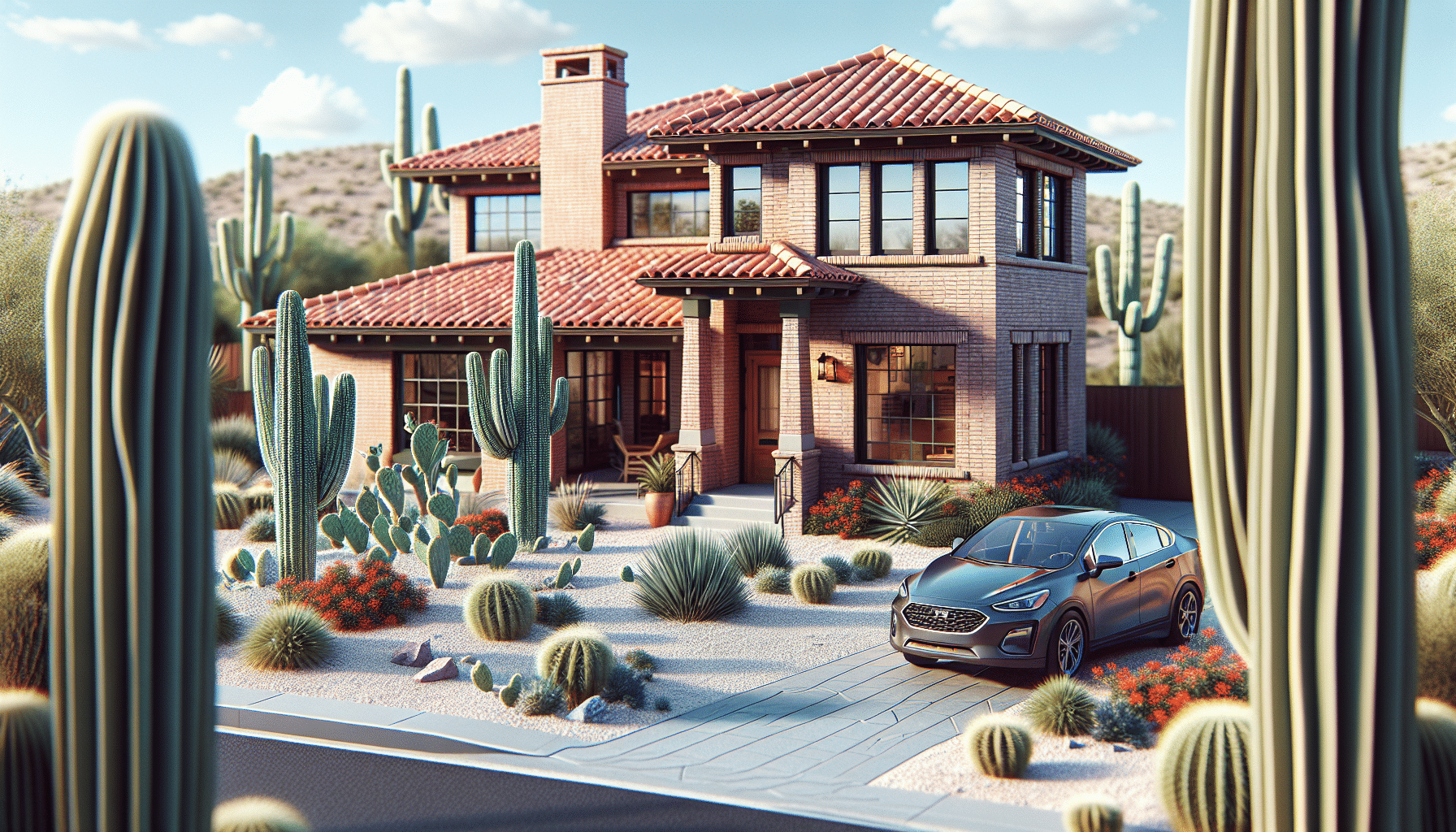At Arizona Window Company, we understand that Glass Replacement for your car can be a daunting task. Many car owners lack the essential knowledge needed to handle this issue effectively. This guide aims to educate homeowners—especially car owners—on the ins and outs of glass replacement. Let us guide you through the process and provide you with indispensable tips to keep your vehicle’s windows in pristine condition.
Contents
- 1 Understanding When Glass Replacement is Necessary
- 2 Choosing the Right Glass
- 3 DIY vs. Professional Replacement
- 4 How to Prepare for Glass Replacement
- 5 Insurance and Costs
- 6 The Importance of Quality Materials
- 7 Common Causes of Glass Damage
- 8 Maintenance Tips to Prevent Future Damage
- 9 Environmental Considerations
- 10 Aftercare Tips
- 11 Contact Us
Understanding When Glass Replacement is Necessary
Knowing when to replace your car’s glass can save you time and money. In many cases, small chips or cracks can be repaired. However, extensive damage usually calls for a full replacement.
Several factors can contribute to the decision for glass replacement. These include the size and location of the damage, as well as its impact on your safety. Typically, if a crack is longer than a few inches or obstructs your view, replacement is the recommended course of action.
Regularly inspecting your car windows can help you catch issues early. Remember, minor problems can quickly escalate into major ones if left unaddressed!
Choosing the Right Glass
Selecting the right type of glass for your vehicle is crucial. There are various types of automotive glass, and each serves a different purpose.
Primarily, you’ll be dealing with either laminated or tempered glass. Laminated glass is commonly used for windshields, while tempered glass is used for side and rear windows. Laminated glass tends to be more durable and will hold together even when shattered, providing an additional layer of safety.
Make sure to consult your vehicle’s manual or a professional to determine the type of glass that is best for your car. Choosing the right glass type not only ensures durability but also maintains the resale value of your vehicle.
DIY vs. Professional Replacement
You might be tempted to replace your car’s glass yourself, but this decision requires careful consideration.
DIY glass replacement kits are widely available and may seem like a cost-effective option. However, the process can be complicated and requires specialized tools. Additionally, improperly installed glass can lead to leaks or even fall out, posing a significant safety risk.
Professionals have the skills, tools, and experience to complete the job accurately. Investing in professional Services can give you peace of mind and ensure your glass is installed correctly and safely.
How to Prepare for Glass Replacement
Getting ready for a glass replacement involves a few simple steps that can make the process smoother.
Firstly, clear out any personal items from the car. Especially focus on the area around the damaged glass. This will allow the technician to work more efficiently and avoid any potential damage to your belongings.
Also, take a moment to document the damage. Photos can provide a helpful reference and assist in case of any discrepancies with the insurance or repair company.
Insurance and Costs
Understanding the costs involved and your insurance coverage can relieve much of the stress associated with glass replacement.
Many insurance policies cover glass replacement, but it’s beneficial to double-check your coverage. Some policies only cover repairs, while others may not cover damages resulting from specific causes.
It’s a good idea to get multiple quotes from repair shops. This ensures you are getting a competitive price for the service. Keep in mind that opting for the lowest price isn’t always the best choice—experience and quality of work matter too.
The Importance of Quality Materials
Investing in high-quality materials for your glass replacement is essential for long-term satisfaction.
Low-quality glass can compromise the structural integrity of your vehicle and reduce visibility. Additionally, poor-quality adhesives might not secure the glass properly, leading to leaks or further damage down the road.
Be sure to ask your technician about the quality and type of materials they use. Always opt for OEM (Original Equipment Manufacturer) parts when possible. These parts are designed specifically for your vehicle and ensure the best fit and performance.
Common Causes of Glass Damage
Knowing what commonly causes glass damage can help you take preventive measures.
Road debris is a leading cause of windshield cracks and chips. Small stones and gravel can be kicked up by other vehicles, striking your windows at high speeds.
Weather conditions are another frequent culprit. Extreme temperatures, both hot and cold, can cause the glass to expand and contract. Over time, this stress can lead to cracks.
Maintenance Tips to Prevent Future Damage
Preventive maintenance can extend the life of your car windows and save you from frequent replacements.
- Avoid Rough Roads: Stick to well-maintained roads whenever possible. Avoiding potholes and gravel roads can greatly reduce the risk of damage.
- Parka Undercover: If available, park your car in a garage or covered area to protect it from falling debris, hail, and extreme temperatures.
- Clean Regularly: Keep your windows clean to avoid scratches from dirt and debris. Use appropriate cleaning solutions and soft cloths.
- Inspect Frequently: Regularly inspect your windows for any signs of damage. Early detection can prevent small issues from becoming bigger problems.
- Avoid DIY Repairs: If you notice any damage, consult a professional rather than attempting a DIY fix. Professional repairs are more reliable and long-lasting.
Environmental Considerations
Glass replacement isn’t only about safety and aesthetics; it also has an environmental impact.
Recycling your car’s old glass can contribute to environmental sustainability. Many Glass Repair companies offer recycling services for your old windows.
Opting for eco-friendly Products and services can make a big difference. Look for companies that follow sustainable practices and use recyclable materials in their replacements.
Aftercare Tips
Post-replacement care is vital to ensure the longevity of your new glass.
Avoid washing your car immediately after the replacement. High-pressure water and detergents can disturb the sealants and adhesives used in the installation.
Refrain from slamming the car doors, as sudden pressure changes can dislodge the newly installed glass. Give the adhesives time to cure and set properly, which usually takes a few days.
Contact Us
Need your vehicle’s glass replaced? Contact Arizona Window Company by phone # 480-526-4456 or Request a Free Quote.




